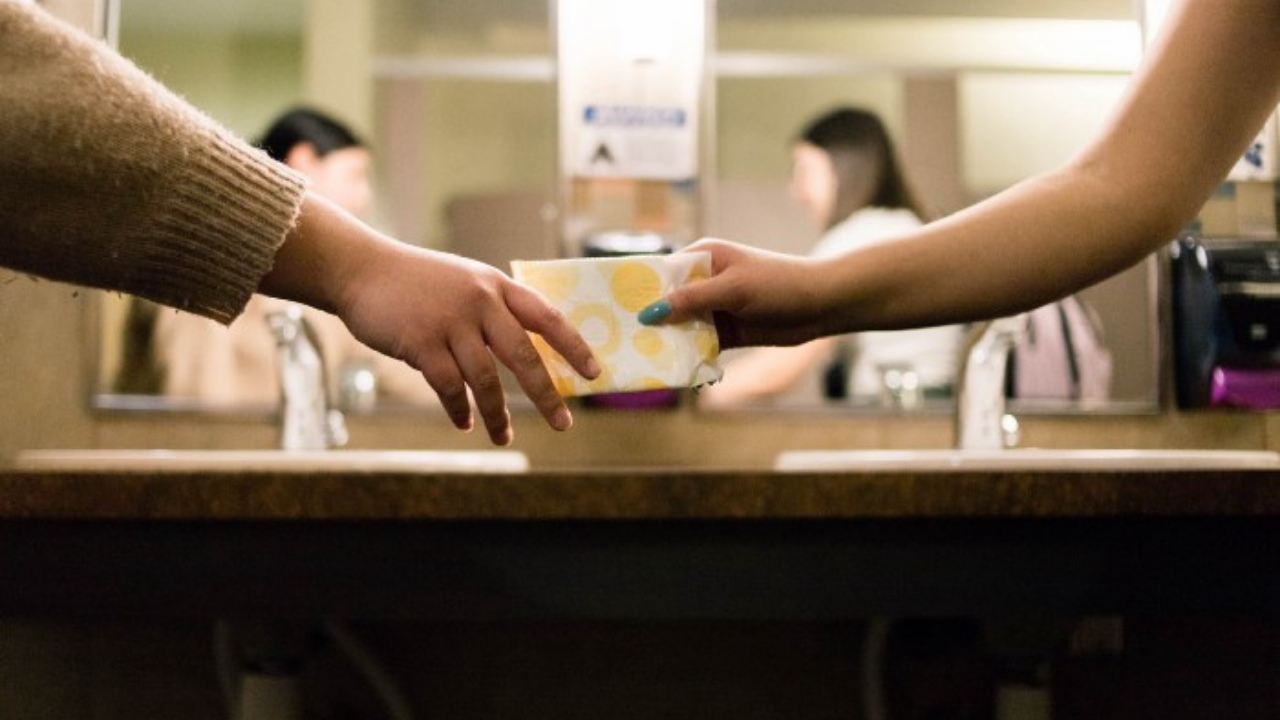The first thing that struck me when I reached the venue of the Nirmal Bharat Yatra in Indore, Madhya Pradesh was the vibrant colours that brought the entire event to life, even before visitors started streaming in.
The first day of the fair saw crowds pouring in as Jairam Ramesh, Union Minister for Rural Development was scheduled to inaugurate the Indore leg, along with a whole bunch of other State level ministers and Gram Panchayat leaders. The Chief Minister of Madhya Pradesh, Shivraj Singh Chauhan was also present and talked about Madhya Pradesh’s progress in the Nirmal Bharat Abhiyan (the erstwhile Total Sanitation Campaign). All the local leaders were in full agreement with the Union Minister, that sanitation was a problem that had to be solved. The inauguration in Indore was just a few days on the heels of Mr. Ramesh’s controversial statement in the press that India unfortunately has more temples than toilets – a remark for which he was attacked by the opposition BJP at the Centre. The ruling party in Madhya Pradesh is the BJP, but this controversy did not arise in the interaction between Mr. Ramesh and the state level representatives in Indore. All the state leaders were in complete agreement that greater toilet coverage and usage and better hygiene practices were essential for MP to move forward. In fact, Mr. Ramesh took his temples and toilets remark even further at the inauguration by saying that practicing hygiene was as important as performing pujas.
Many male members of the crowd nodded in agreement to Mr. Ramesh’s remarks that it is absolutely shameful that in this day and age, our mothers, grandmothers, daughters, wives and sisters have to suffer the indignity of defecating in the open. From this reaction, one could infer that many men do not, in fact, like that the women in their families have to resort to this, and that if they had access to toilets they would definitely use them. While many men did not seem interested in toilets for themselves, they did have a vested interest in building toilets for their women.
The Menstrual Hygiene Management (MHM) lab at the Yatra, coordinated by Water Supply and Sanitation Collaborative Council (WSSCC), got a lot of traffic, with women streaming in throughout the first day. They were asked to take a survey on their own menstrual hygiene routine, and how much they are aware of the dangers of unsafe menstrual hygiene. After the survey, they were counselled by Goonj, an NGO that works to ensure that everyone has access to basic clothing. Goonj has pioneered a fantastic initiative called ‘Not Just a Piece of Cloth‘, where the clothes that they collect are used to make affordable sanitary towels for women in rural areas who do not have access to clean, affordable sanitary napkins.
A representative from Goonj talked to the groups of women in the MHM lab about the importance ofpracticing safe menstrual hygiene at home, even if they did not have access to sanitary towels. Most women in India re-use cloth from their old saris and blouses during their period. Sometimes, they are embarrassed to wash the cloth in the light of day for fear that men will see, so they wash them at night often in very poor lighting. This inevitably means that they don’t end up washing the cloth properly. It was surprising (and heartening) to see that many of the women were comfortable enough discussing something as personal as menstrual hygiene with a man!
The games at the Yatra are designed to deliver messages on safe sanitation and hygiene in a manner that is easy for school children to understand, and entertaining to keep them engaged. Many are fun adaptations of games that we are all familiar with. WASH United, one of the organisers of the Nirmal Bharat Yatra developed all of the games on display. Their philosophy is to use fun ways to engage with people on serious issues like sanitation and hygiene. Musical Toilets, for instance is an adaptation of Musical Chairs. The mechanics of the game are the same, only instead of chairs there are Indian style toilets.
When children today have Playstation, Nintendo and the TV to entertain themselves, Push out the Germs is a refreshing take on the age old game of marbles or ‘kanchey’, still widely popular in rural India. The game can be played by one or two players. Poo marbles are of two colors, and each player needs to get his or her poo pieces into the loo first. The two colors could also represent points in a single player variant of the game.
Push out the Germs
Poo Minefield is played in two teams. One player is blindfolded from the team, and needs to be guided through the minefield by the rest of his or her team. Using only verbal commands, the player has to ensure that their blind folded teammate navigates the minefield without coming into contact with the ‘poo mines’. Each time the player comes in contact with the mines or the obstacles, the team loses a point and must restart with the next player. The first team to get all teammates through the maze wins. One or two bonus soap tiles may be placed in the game, which give the team an extra life.







